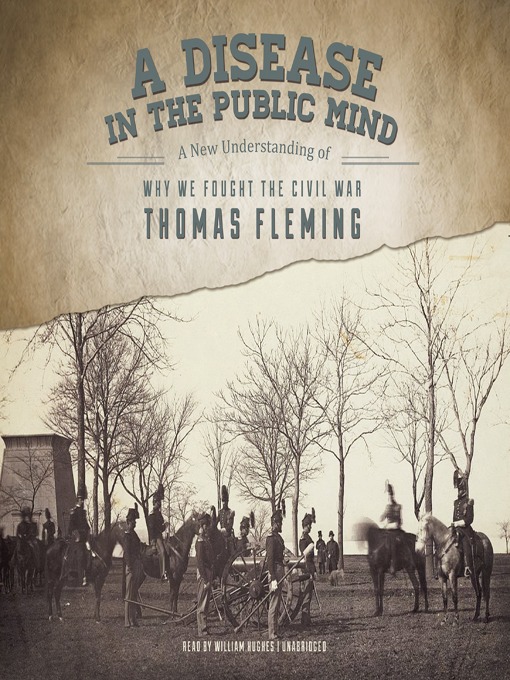By the time his body hung from the gallows for his crimes at Harper's Ferry, abolitionists had made John Brown a "holy martyr" in the fight against Southern slave owners. But Northern hatred for Southerners had been long in the making. Northern rage was born of the conviction that New England, whose spokesmen and militia had begun the American Revolution, should have been the leader of the new nation. Instead, they had been displaced by Southern "slavocrats" like Thomas Jefferson. And Northern envy only exacerbated the South's greatest fear: race war. In the sixty years preceding the outbreak of civil war, Northern and Southern fanatics ramped up the struggle over slavery. By the time they had become intractable enemies, only the tragedy of a bloody civil war could save the Union.
In this riveting and character-driven history, one of America's most respected historians traces the "disease in the public mind"—distortions of reality that seized large numbers of Americans—in the decades-long run-up to the Civil War.

